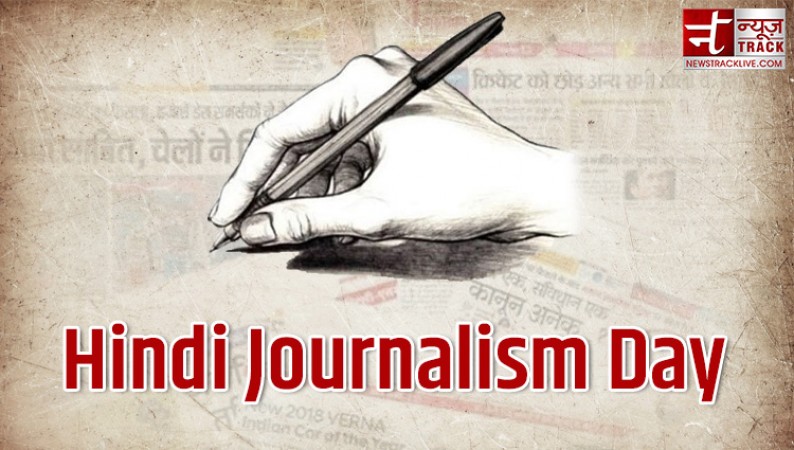
Hindi Journalism Day, celebrated annually on May 30th, is a significant occasion that honors the invaluable contributions of Hindi journalism in India. As the fourth most widely spoken language in the world, Hindi plays a crucial role in shaping public opinion and disseminating information across the nation. This festival acknowledges the efforts of journalists who work tirelessly to bring news and stories to the masses in Hindi, thus promoting democratic values and strengthening the fabric of Indian society.
Historical Background of Hindi Journalism Day: The roots of Hindi journalism in India can be traced back to the 19th century during the freedom struggle against British colonial rule. The pioneers of Hindi journalism, such as Ganesh Shankar Vidyarthi, Pt. Rambhuj Dutt Chaudhary, and Mahavir Prasad Dwivedi, played a pivotal role in promoting Hindi as a language of communication and empowering the masses through information dissemination.
Significance of Hindi Journalism Day: Hindi Journalism Day holds great importance in acknowledging the power of the press and its influence on society. It recognizes the role of Hindi journalism in creating awareness, encouraging public discourse, and fostering a sense of responsibility among journalists. This day also serves as a reminder of the challenges faced by journalists, including censorship, biased reporting, and threats to their safety.
Media Literacy Campaigns: Generally, on Hindi Journalism Day, various seminars and conferences are organized across the country to discuss the current state of Hindi journalism, its challenges, and opportunities. Eminent journalists, media professionals, and scholars participate in these events to share their experiences and insights. Many prestigious awards are also presented to journalists and media organizations for their outstanding contributions to Hindi journalism. These awards aim to encourage excellence and inspire aspiring journalists to pursue their careers with dedication and integrity.
Workshops and training programs are conducted to enhance the skills of journalists and equip them with the necessary tools and knowledge required to navigate the evolving media landscape. These sessions focus on areas such as digital journalism, investigative reporting, ethics, and responsible reporting.
Hindi Journalism Day also provides an opportunity to promote media literacy among the general public. Awareness campaigns are organized to educate people about the importance of critical thinking, fact-checking, and discerning reliable news sources.
Special Editions and Features: Many Hindi newspapers and media outlets publish special editions or features on Hindi Journalism Day, highlighting the achievements of renowned journalists, the evolution of Hindi journalism, and its impact on society. These publications serve as a tribute to the rich legacy of Hindi journalism.
As Hindi Journalism Day is celebrated, it becomes imperative to address the challenges faced by the industry. Ensuring the safety and freedom of journalists, promoting ethical practices, and fostering a culture of unbiased reporting are vital for the growth and credibility of Hindi journalism. Additionally, embracing digital technologies and adapting to changing media consumption habits are crucial for reaching a wider audience and staying relevant in the digital age.
Hindi Journalism Day provides a platform to recognize and appreciate the efforts of Hindi journalists who dedicate themselves to serving the nation by bringing news and information to the people. It is a celebration of the power of words and the crucial role that Hindi journalism plays in shaping public opinion and fostering a democratic society. As we observe this festival, let us acknowledge the importance of responsible journalism and support the continued growth and development of Hindi journalism in India.